James Stewart’s Calculus series is the top-seller globally because of its outstanding examples and problem sets, problem-solving focus, mathematical precision, and accuracy. Mentored and selected by Saleem Watson, Stewart, and Daniel Clegg continue his legacy of delivering college students with the strongest basis for a STEM future. Their careful refinements preserve Stewart’s clarity of exposition and make Stewart’s Calculus: Early Transcendentals, 9th Edition, (PDF) even more beneficial as a teaching tool for instructors and as a learning tool for university students. Presenting that Calculus is both practical and beautiful, the Stewart approach improves understanding and builds confidence for billions of students worldwide.
Features of the new 9th edition:
-
- NEW SUBHEADINGS: Additional subsections within chapters help college students and instructors find key content more easily to make the textbook an even more helpful teaching and learning tool.
- NEW EXPLANATIONS AND EXAMPLES: Careful refinements throughout provide even greater clarity on the key concepts such as computing volumes of a revolution and setting up double and triple integrals.
- NEW SCAFFOLDED EXERCISES: At the beginning of problem sets, new basic exercises reinforce key skills and build math student confidence to prepare them for more rigorous exercises and conceptual understanding.
- NEW WEBASSIGN RESOURCES: New digital resources in WebAssign include Explore It interactive learning modules, the MindTap reader for interactive and mobile ebook access, enhanced remediation support, and improved problem types.
- STEM APPLICATIONS: Stewart/Watson/Clegg answers the question, “When will I use this?” by showing how Calculus is used as a problem-solving tool in fields such as engineering, chemistry, physics, medicine, biology, and the social sciences.
- CLEAR EXPOSITION: Saleem Watson & Dan Clegg have remained true to James Stewart’s writing style by speaking clearly and directly to calc students, guiding them through theorems, key ideas, and problem-solving steps, and encouraging them to think as they read and learn calculus.
- PREREQUISITE SUPPORT: Four diagnostic tests in algebra, analytic geometry, functions, and trigonometry enable students to test their preexisting knowledge and brush up on skills. Quick Prep and Just-in-Time exercises in WebAssign refresh and reinforce prerequisite knowledge.
- PROBLEM-SOLVING EMPHASIS: George Polya’s problem-solving methodology is introduced at the beginning and reinforced throughout. “Strategies” sections help university students select what techniques they will need to solve problems in situations where the choice is not obvious and help them develop true problem-solving skills and intuition.
- HELPFUL EXAMPLES: Each concept is supported by thoughtfully worked examples that encourage mathematics students to develop an analytic view of the subject. To provide further insight into mathematical concepts, many detailed examples display solutions analytically, graphically, or/and numerically. Margin notes expand on and clarify the steps of the solution.
- ENGAGING PROJECTS: A wealth of engaging projects reinforce concepts. “Writing Projects” ask the students to compare present-day methods with those of the founders of Calculus. “Discovery Projects” anticipate results to be discussed later. “Laboratory Projects” anticipate results to be discussed later or encourage discovery through pattern recognition. “Applied Projects” feature real-world use of mathematics.
- QUALITY EXERCISES: With over 8,000 exercises in all, every exercise set carefully progresses from skill-development problems to more challenging problems involving proofs and applications. Conceptual exercises encourage the development of communication skills by explicitly requesting conjectures, descriptions, and explanations. More challenging “Problems Plus” exercises reinforce concepts by requiring college students to apply techniques from more than one chapter of the text, and by patiently showing them how to approach a challenging problem.
Additional ISBNs: 978-1337613927, 1337613924, 978-0357687901, , 978-0357128916,
P.S. See below or contact us if you want Calculus: Early Transcendentals 9e TestBank, solutions, or other instructor resources.
NOTE: The product includes the ebook, Stewart’s Calculus: Early Transcendentals, 9th Edition in PDF. No access codes are included.

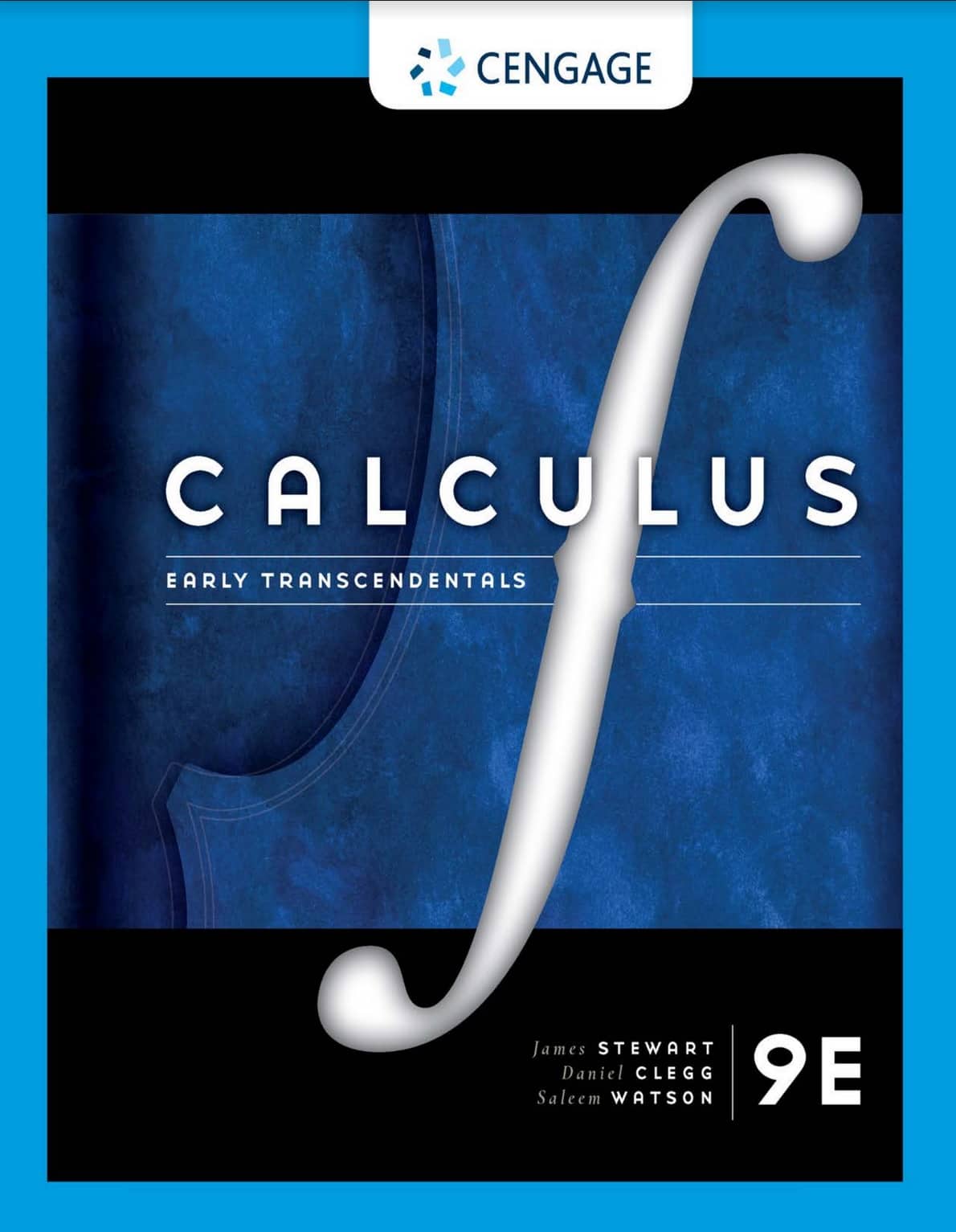



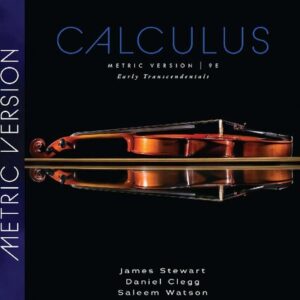
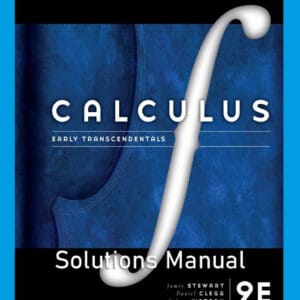
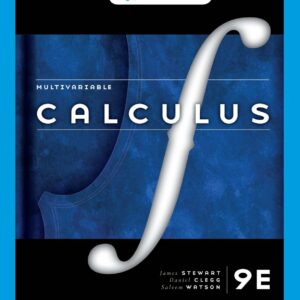
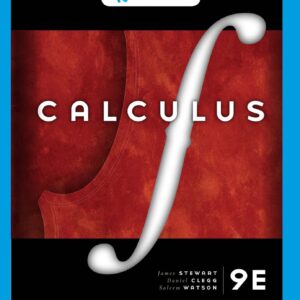
Reviews
There are no reviews yet.